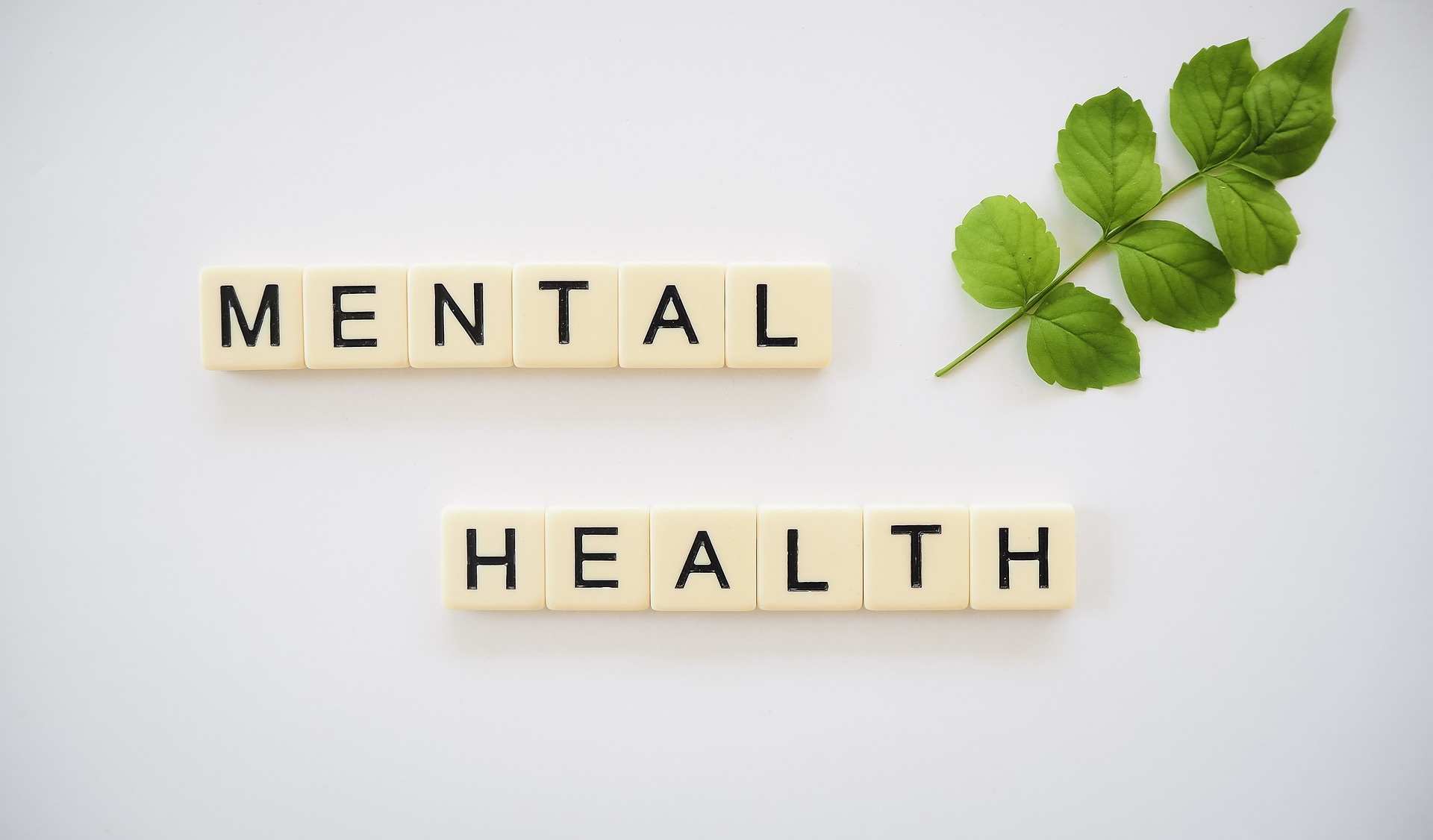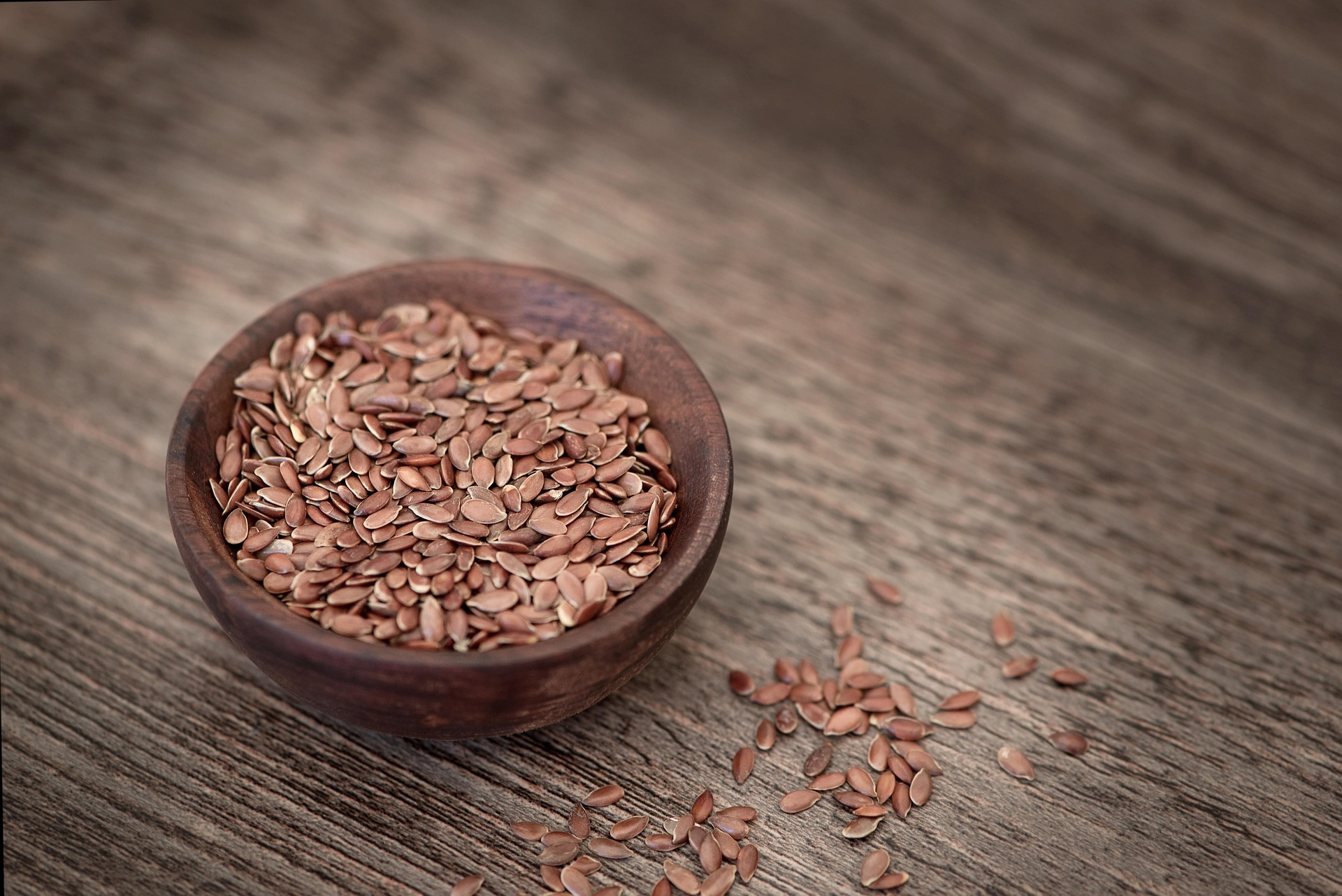Understanding the Link Between Gut Health and Anxiety
The human body is a complex system of interdependent processes, each relying on the other for optimal functionality. A significant aspect of this intricate network is the relationship between our gut and our mental wellbeing, specifically anxiety. Emerging scientific research is beginning to uncover a fascinating connection between the microbiome, the trillions of bacteria living in our digestive system, and our mental health. This article delves into the historical context of this discovery, the current understanding of the gut-brain axis, and the potential for new therapeutic approaches.

From Humorism to Microbiome: A Historical Perspective
Historically, the idea of a connection between our gut health and mental wellbeing isn’t new. Ancient Greek medicine, for instance, was based on the concept of humorism, where the body was thought to be governed by four main fluids or ‘humors.’ Any imbalance in these humors, one of which was the ‘black bile’ associated with the stomach, was believed to cause various ailments, including mental disturbances.
Fast forward to the 20th century, and the advent of germ theory and antibiotics revolutionized the understanding of bacteria’s role in human health. However, it wasn’t until the late 20th century that scientists began to appreciate the gut microbiota’s complexity and its potential influence on the brain.
The Gut-Brain Axis: An Intricate Communication Network
The gut-brain axis refers to the bidirectional communication between the central nervous system and the gastrointestinal tract. This complex network involves various pathways, including neural, hormonal, and immune, which enable the gut and brain to ‘talk’ to each other.
Emerging research has shown that changes in the gut microbiota can influence this communication, potentially leading to a variety of health issues. This has led to the hypothesis that our gut bacteria might play a role in mental health disorders, including anxiety.
Anxiety and the Microbiome: What Does the Science Say?
Several animal and human studies have indicated a link between gut dysbiosis, an imbalance in the gut microbiota, and anxiety. For instance, mice without gut bacteria have been shown to display altered stress responses and increased anxiety-like behavior. In humans, certain bacterial strains have been associated with reduced anxiety symptoms.
However, it’s worth noting that while these findings are promising, the field is still in its infancy. The gut microbiota is incredibly complex, and it’s likely that its relationship with anxiety involves multiple factors and is not solely based on the presence or absence of specific bacterial strains.
The Potential for Therapeutic Interventions
Understanding the connection between the gut microbiota and anxiety could open up new avenues for treatment. One approach might be the use of probiotics, live bacteria thought to confer health benefits. Some studies have found that certain probiotic strains can reduce anxiety symptoms, although more research is needed to confirm these findings and understand their mechanism of action.
Another potential intervention is fecal microbiota transplantation, a procedure that involves transferring the gut bacteria from a healthy individual to a patient. While still experimental, preliminary studies suggest this approach might be beneficial for a variety of health conditions, possibly including anxiety.
Navigating the Future of Gut Health and Anxiety
The exploration of the link between gut health and anxiety is an exciting frontier in medicine, but it’s important to approach it with caution. While the potential for new treatments is thrilling, much is still unknown about the gut microbiota and its relationship with mental health.
Scientific understanding of this field is evolving rapidly, with new discoveries highlighting the importance of a balanced diet, regular exercise, and stress management in promoting a healthy gut microbiota. As our knowledge expands, the hope is that we’ll be better equipped to harness the power of the gut-brain axis to improve mental wellbeing.
In conclusion, understanding the link between gut health and anxiety is not only a fascinating scientific endeavor but also a crucial step towards a more holistic approach to mental health care. It underscores the importance of viewing the body as an interconnected system, where physical health and mental wellbeing are intimately intertwined.






